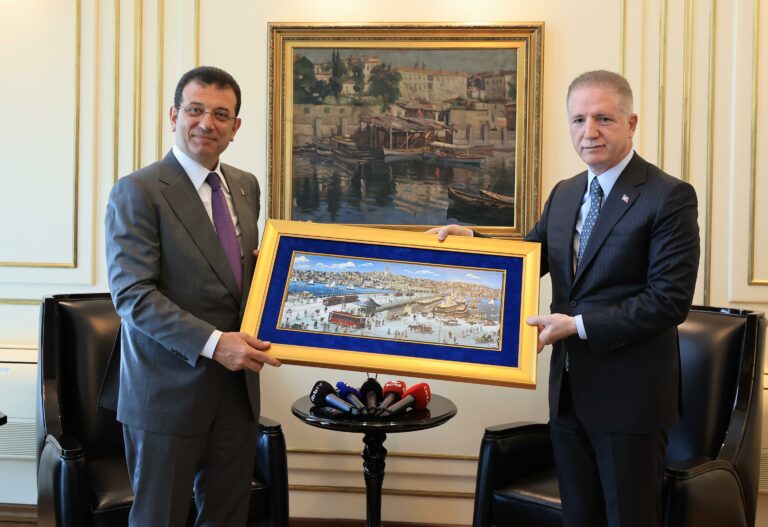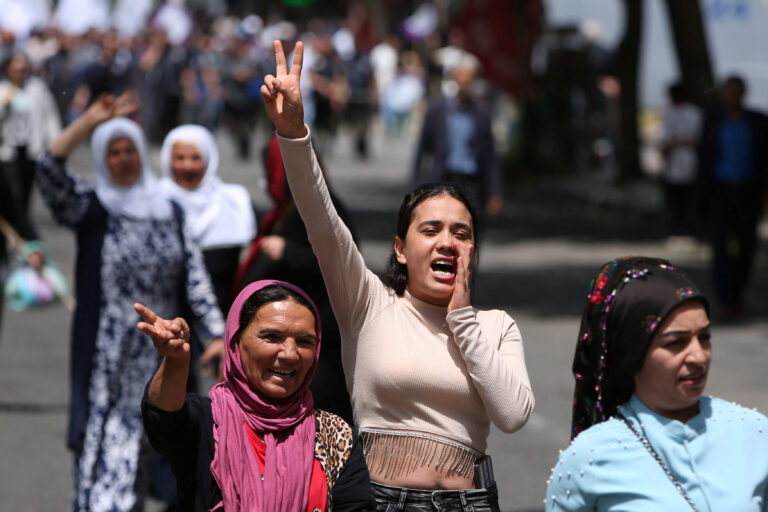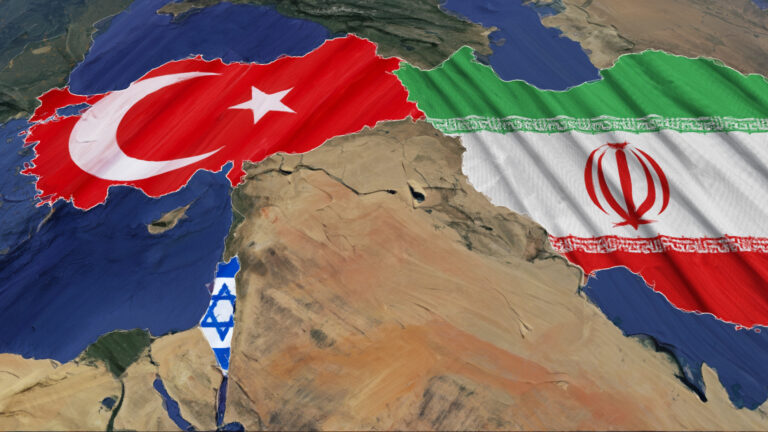Germany, France, Switzerland, the United States, the Netherlands, and the United Kingdom have announced the temporary closures of consulates in Turkey, as citizens from those countries have been warned of possible terror attacks, especially in Istanbul. The developments follow weeks of tensions between Turkey and Sweden, punctuated by the burning of the Quran in Stockholm in January by far-right extremist Pasmus Paludan under heavy police protection. Turkey has refused to ratify Sweden and Finland’s application to NATO over alleged harboring of terror groups by both Nordic states. Turkey’s refusal to ratify the bids has also led to anti-Islam protests in Denmark and the Netherlands.
The United States’ embassy in Ankara released a security alert on Monday, January 30, warning US citizens in Turkey of possible terror threats in churches, synagogues, diplomatic missions, and heavily trafficked touristic areas, particularly in Istanbul. Galata, Taksim and İstiklal Caddesi in the central Beyoğlu district of Turkey’s largest city, areas where foreigners frequent, were mentioned in the warning that was published on the website and social media accounts belonging to the American diplomatic mission in Ankara. An original warning had appeared on January 28 from American, German, and French consulates in Istanbul.
Dutch and British consulates in Istanbul temporarily closed their doors on Tuesday (January 31). Germany’s Istanbul consulate followed a day later (February 1) with an announcement on social media saying “The German consulate will be closed today, February 1, due to security concerns. Appointments for visa and passport matters have been cancelled. We thank you for your understanding.”

Pierre Loti, a French high school also located in Istanbul’s central Beyoğlu district, announced today (February 2) that it would be closed Thursday and Friday over similar security concerns. News of the closure followed a high terror risk notice on Wednesday from France’s Istanbul consulate warning against crowded touristic areas and consulates. The news of Pierre Loti’s closure also appeared in the French press. Although their diplomatic missions remain open, similar warnings were also issued by Canada and Italy for their citizens in Turkey.
Turkish Interior Minister Süleyman Soylu fanned the flames of anti-Western resentment in a speech following the closure of the Istanbul consulates in which he alleged a psychological war being waged by the West against Turkey, saying: “In Turkey terror has still not ended but it is no longer an item on the agenda. We know exactly who is supporting terror groups. The PKK [Kurdish Workers Party] and PYD [Democratic Union Party] are both supported by the United States of America…America and its western allies do not want us to be independent and free in this geography…They are on the verge of a new psychological war against Turkey.” Soylu also blamed the United States for failing to prevent a terror attack on Istiklal Caddesi on November 13, 2022, that resulted in six deaths and 81 injuries. Turkish authorities have blamed the attack on the PKK, an allegation that the group has denied. Alleging American intelligence lapses, Soylu said “Seeing as how you love to meddle in our internal affairs, why weren’t you able to alert us of the PKK/PYD attack on Istiklal Caddesi?”

Anti-Western sentiment and the rise in terror risks announced by Istanbul’s western consulates come after weeks of rising tensions between Turkey, Sweden, and within the NATO alliance in general. Sweden’s NATO accession has stalled following numerous recent incidents that have soured relations with Ankara. Sweden and Finland originally applied to join the alliance in spring 2022 following Russia’s invasion of Ukraine. Turkey voiced its concerns early regarding the Nordic states’ alleged harboring of members and militants belonging to organizations classified by Turkey as terrorist groups, particularly the Kurdish Workers Party (PKK) and People’s Defense Units (YPG). Both Sweden and Finland are host to large ethnic Kurdish minorities. While the two countries’ application process has shown promising signs at various points despite Turkish opposition, the past month has seen Sweden’s accession prospects all but vanish. The hanging of an effigy resembling Turkish President Recep Tayyip Erdoğan at a PKK-affiliated demonstration in Stockholm on January 12 led to condemnation by Ankara. The incident was followed several days later by a Quran burning in front of Turkey’s Stockholm consulate by far-right Danish-Swedish extremist Rasmus Paludan, leader of the Danish Stram Kurs (Straight Course) party. Following Paludan’s demonstration, which was permitted but condemned by Swedish authorities, President Erdoğan closed the door on Swedish NATO accession, saying “If they are unable to show us respect then I am sorry, but they will not see any support from us for their NATO bid.”
Turkey has indicated that it may still be open to approving Finland’s NATO application even if Sweden’s process continues to stall. Analysts and observers have also commented in recent weeks that Sweden’s NATO accession may become a possibility again following Turkey’s elections on May 14. Erdoğan’s stern response to the anti-Islam demonstrations has been viewed by some as an opportunity to consolidate base support heading into the polls, where the president faces stiff competition from the opposition coalition.
Written for Medyascope English by Leo Kendrick.














